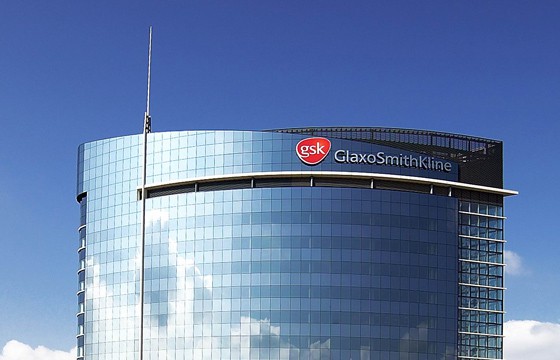
GlaxoSmithKline (GSK) is facing a criminal investigation in Poland on allegations that company staff bribed doctors to prescribe drugs, according to the BBC.
A report due to air this evening on the UK network’s Panorama programme – which featured interviews with a former GSK sales representative – will claim that company employees paid doctors to promote drugs such as its asthma therapy Seretide (fluticasone and salmeterol).
Whistleblower Jarek Wisniewiski, who worked as a sales rep for GSK in Poland for eight years but left the company in 2012, claims the money paid to doctors was ostensibly for medical training, but in reality was intended to boost sales.
Another unidentified employee said the company paid doctors to give presentations that never actually occurred, but did result in higher prescribing levels for its products. One of GSK’s regional managers and 11 doctors have been charged by the prosecutor’s office in Lodz, according to the BBC team, which says the offences occurred between 2010 and 2012.
GSK said in a statement that its own investigation into the matter “found evidence of inappropriate communication in contravention of GSK policy by a single employee” who has been “reprimanded and disciplined.”
The news puts another dent in GSK’s reputation as the company is still facing allegations of corrupt marketing practices in China, along with a number of other pharmaceutical companies. The company’s own investigation into the Chinese situation – commissioned by lawfirm Ropes and Gray – has yet to deliver its findings.
Meanwhile, just a few days ago fresh corruption allegations surfaced centring on GSK’s business practices in Iraq, with media reports claiming the company hired 16 Iraqi government doctors and pharmacists to act as sales representatives.
In 2012, GSK paid a massive $3bn settlement to the US government after pleading guilty to mis-promoting medicines, and since then has implemented a series of changes to try to reduce the risk of corruption, for example by doing away with sales targets for reps and using in-house doctors and scientists rather than external speakers to present on its products.




